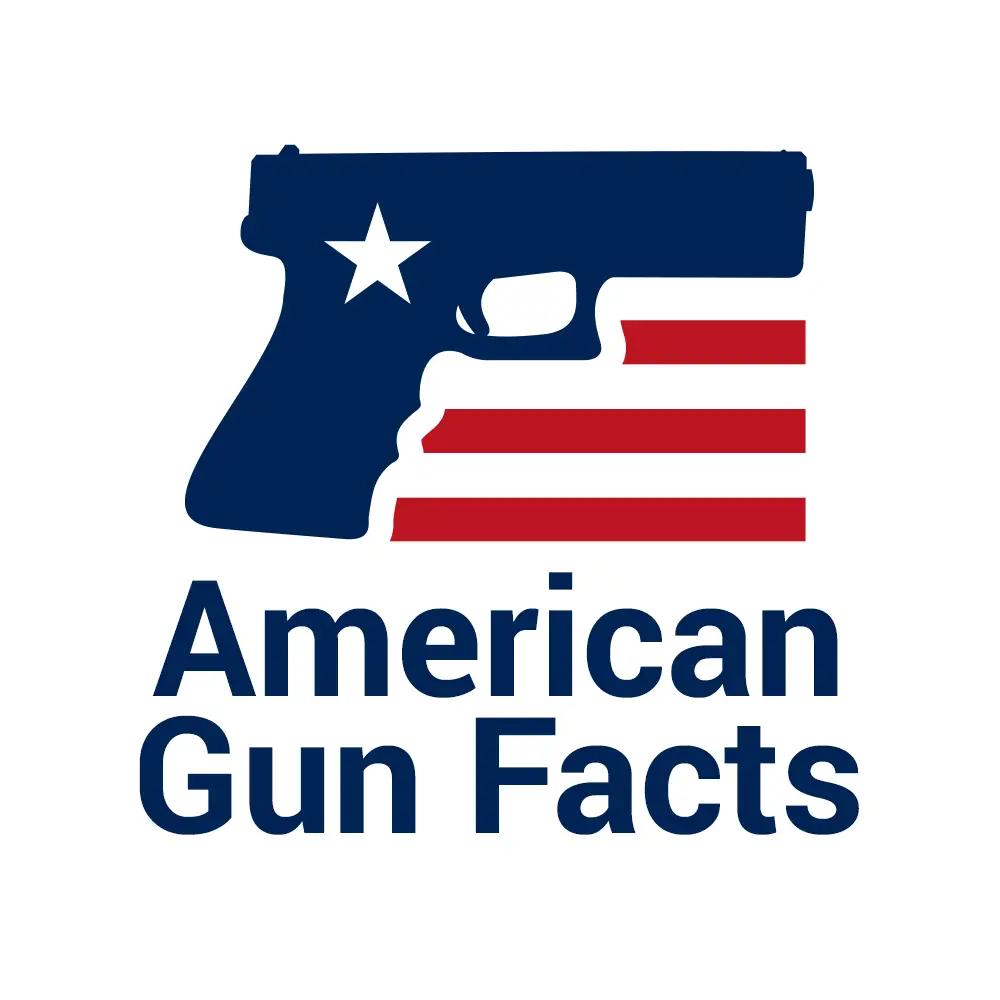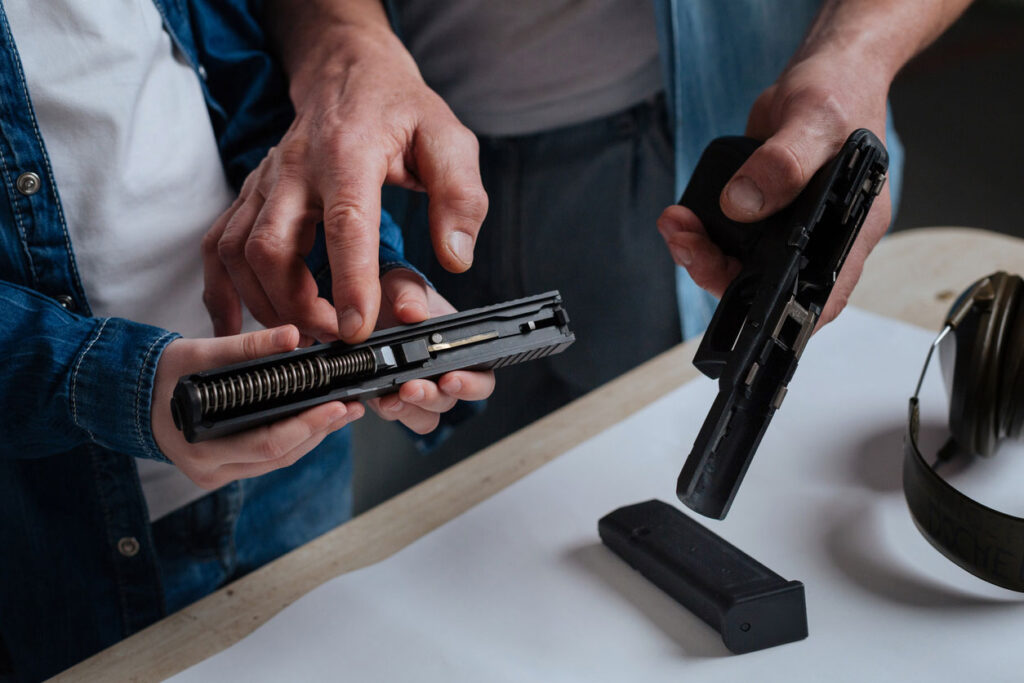I grew up 15 minutes outside of nowhere. Most of us kids had our first .22 by 12 and had bagged our first deer by 14. Of course by then, most of us had our provisional driving licenses and the keys to our pops’ F-150s too.
As much as I might wish more kids could know about this wonderful lifestyle, it is far too rare in our modern world. The messaging about guns, the expectations of responsible behavior, and how childhood is perceived through the lens of modern life are far different than the world I knew.
For example, I was an adult before I knew most places wouldn’t be ok with kids bringing rifles to school. Walk through my high school parking lot and half the trucks had a gun rack…and I don’t mean empty. I still carry that mindset when it comes to guns. It has been a challenge to relate to some perspectives that have grown in popularity in the ensuing decades.
When we talk about guns with kids today, there are a couple of different conversations to have…the practical and the philosophical. And both of these conversations happen within a surging river of information, misinformation, facts, feelings, and realities running into the brains of every American, every day.
The Practical Gun Conversation
My peers and I were introduced to guns as part of our culture, rather than exception to it, as is often the case today. The first reason we were introduced to guns by our parents is the same as why parents want to be the first to talk to their kids about things like sex. We want to have the biggest and most important imprint on our children’s brains when it comes to sharing our own values.
We learned about gun safety as we learned about guns. Long before mom and dad were ready to let us shoot, they were telling us about safety…teaching us a holistic view of gun culture which included safety, maintenance, proficiency, storage, responsibility, etc.
They didn’t just do this because they loved guns and wanted us to love them too. The reality is that at some point one of us would find a loaded gun, or be around someone with a firearm, or any number of other situations in which having a practical and grounded view of firearms could help keep people safe.
Guns are everywhere. They were a fact. They still are. But most kids don’t get that kind of practical, grounded, holistic understanding of guns. Today, they are taught by the culture to hate and dread guns emotionally. How many tragedies might we avoid if only kids were filled with knowledge instead of fear?
I became a parent to preteen girls when I joined a family already in progress. I couldn’t retroactively deprogram all the things in their blue state brains. What I could do, and did, is make sure they 1. Had the practical knowledge to keep themselves safe and 2. Provide a counter-narrative to their assumptions so, at the least, they would have a more nuanced view that included both the popular culture view (as propagated by the media, Hollywood, etc.) and a personal experience they would have to reconcile with it.
To that end, they all know the four rules and how to handle different scenarios with “get away from the situation and call an adult” being the most important. They each have fired guns and understand from personal experience what they are and what they aren’t. This practical and simple knowledge will already counter-program much of the fear-based propaganda they will receive from American popular culture.
The Philosophical Gun Conversation
When I say philosophical, it inevitably flows into the political. It’s tough to say that the natural right to self-defense precedes and supersedes any power granted to or by government, without going neck deep into politics.
Obviously, guns are a hot and divisive topic in America today. The twin epidemics of mental illness and relativistic moral and cultural values combine to cause horrific destruction and misery, often for the most innocent, including children.
It is easy, in the face of such inhumanity, to reach for easy answers, no matter how impractical or even dangerous they are in practice. When you are a child, these easy answers seem obvious in the absence of the critical thinking skills we develop throughout childhood and beyond.
When it comes to the philosophy of individual responsibility, natural rights, and respect for our Constitution, I want my kids to know as much as possible and they do.
When it comes to politics, I lead by example, with no expectation that they will follow.
Politics is divisive. My kids need me to protect them, say “I’m proud of you” and have it mean something, and teach them to love and respect themselves far more than I need them to share my politics on guns or anything else.
But more than anything, I want my kids to be kids. They have plenty of time for the grown up stuff once they become grown up. For these reasons, my partner and I agreed to keep our personal politics personal. Instead we chose to focus on helping them develop tools and understandings to develop their own worldview, informed but not imposed by us.
Maybe they will be 2nd Amendment champs, maybe they will be gun grabbers (probably not), but either way they won’t shoot themselves in the foot and this will never be what divides us. To me, that’s worth a lot more to me than any political position.
But what do you say?
Join the conversation on our Facebook page or let us know your thoughts in the comments below.

Researched and written by the American Gun Facts team. We are a group of Americans dedicated to providing factual information on firearms and fighting back against attempts to weaken or discard the Second Amendment. We write on topics ranging from firearm statistics, news, reviews, and more! AGF has been featured in the New York Times, NBC, MSN, Time, & many other publications.
